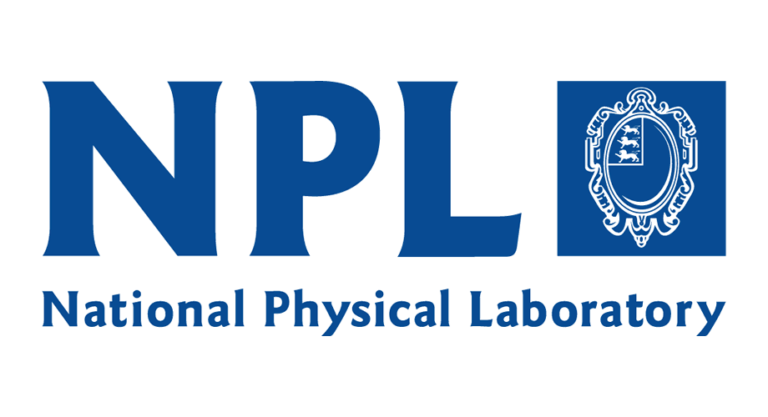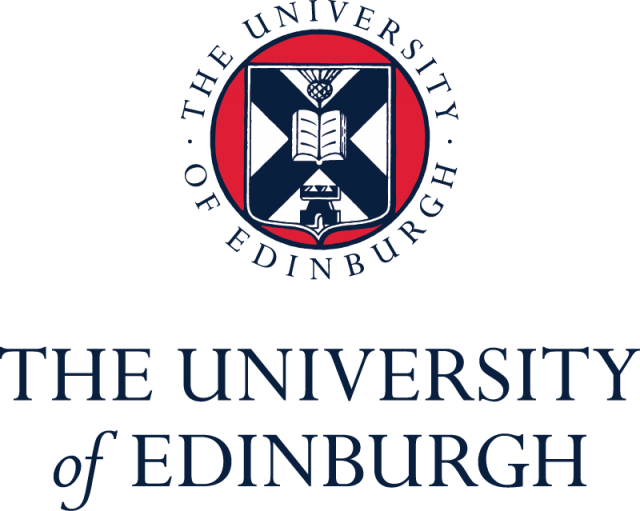Cable-free optical communication systems are vital for building the communication networks of the future. Traditionally wireless connections have been based on radio or microwave systems. However, the capacity of these systems is substantially less than optical systems. Based on detailed analysis on the network requirements from British Telcom, free-space-optical links that incorporate advanced communication technologies such as space-division multiplexing will need to be deployed alongside more traditional fibre distributions meet the capacity requirements of their network in next 5-10 years. Space division multiplexing (SDM) is a communication scheme where laser beams are shaped in the spatial degree of freedom to offer additional communication channels. SDM is widely considered as the next frontier in high capacity communications, where researchers from around the world are highly active in this field.
In this project, we will focus on the central issue of atmospheric turbulence. This turbulence arises from the temperature and pressure variations that occur in the air and result in changes to position, phase and shape of optical modes as they propagate through the atmosphere. This results in errors within communication systems and must be mitigated for error-free data transmission. In this PhD project, the student will develop new experimental systems for determining the effect of atmospheric turbulence on spatially shaped modes. These beams do not propagate in the same way as Gaussian laser modes, therefore we need to develop detailed models of the effects of atmospheric turbulence on spatially shaped light. These studies will then lead to the development of new adaptive optical schemes to fully mitigate the effects of light propagating in turbulent environments. Supported by post-doctoral researchers with the Structured Photonics Research Group, the student will complete real-world testing of these schemes and will potentially be integrated into prototype communication systems for BT.
Further, working with the University of Freiberg, the student will explore the creation of new spatial mode sets that have increased resilience to turbulence and develop new optical techniques for the demultiplexing of information encoded with these new types of optical modes.
These technologies will have direct application within the research field of optical communications, but will also provide new adaptive optics schemes that could be used within remote sensing and imaging systems that operate over long-distances. Further, environment sensing using spatially shaped light has become a recent hot topic, where the advances made within this PhD project will have a considerable impact on this emerging field.
This project is aligned with the £1.3 m EPSRC project “High Dimensional Wireless Passive Optical Networking for Access Deployment (PON-HD),” that is in collaboration with Aston University, University of Frieberg, and Nokia Bell Labs.









